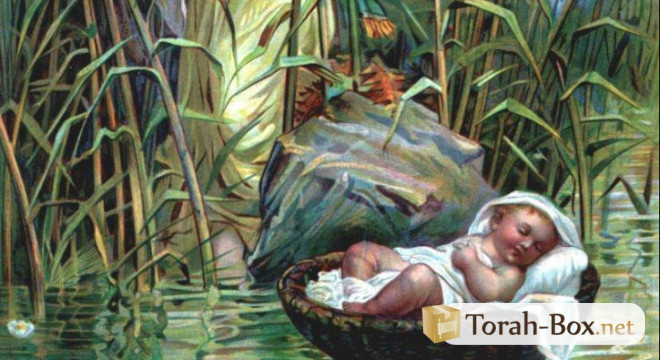
Women
Miriam or Sweet Resentment
We generally think of Miriam as being Moshe’s sister, but more than the prophet’s sister, she is a prophetess in her own right.
It is written in Micah (6,4): “I have sent Moshe, Aaron, and Miriam”. Moshe for his laws, Aaron for his sacrifices and Miriam as a women’s teacher.
Miriam’s name would thus have a “teacher” connotation (Mora), but the name’s most obvious significance is related to bitterness (Mar). Our Sages say that when Miriam was born, the Egyptians started to embitter the lives of the Hebrews. But why associate these two events? Why explain them as a cause and effect phenomenon?
The Maharal of Prague explains (Gvurot 5,12) that opposing principles are mysteriously connected. This is the reason why the People of Israel were shaped in Egypt. In opposition to Egyptian impurity, a holy People were born. And he explains the above in relation to Miriam: she was one of the power factors added to the People to help them prepare for Geula. Thus, opposition to Geula is also reinforced. Her birth is related to the bitterness of the Hebrews’ lives, while also intimately linked to their liberation.
According to the Zohar, the Messiah's yeshiva cannot admit one who is unable to transform darkness into light and bitterness into sweetness. Miriam embodies that aptitude.
But, what is the meaning of this “transformation”? Isn’t there a danger in seeing the positive in the negative? In fact, we are talking about something much more subtle. It’s the capacity to understand that evil is a prelude to Good. Bitterness is not isolated nor independent. It is intrinsically intertwined with sweetness and in fact, it reinforces sweetness.
Every physical phenomenon is latent before it comes to light. We can see this in the world of plants, which appear on the earth after a long development process. A development began way before from a tiny seed. In the process of the seed’s rotting in the soil, the plant had begun to take form.
That is the essence of Miriam’s message. This does not imply that she is indifferent to the suffering of her brethren. Quite the contrary, she shares their grief and bitterness. Her name, Miriam implies bitterness. Her name is not Metuka, meaning sweetness. And a teacher who cannot walk in the shoes of her students and feel their pain cannot teach successfully.
And so Miriam taught. She taught lessons in Geula (redemption)!
She is the one who went against the mainstream during Egypt’s darkest hours, opposing even her father, Amram who decreed that couples split up to avoid birthing boys who were destined to be killed. Thanks to Miriam, Moshe was born thus, accelerating redemption.
Thus it isn’t surprising that she was the first to express her joy at the miracle of the Red Sea. She came out with tambourines, followed by the women. Our Sages say that her tambourine was ready whilst in Egypt. “And Miriam, the prophetess, Aaron's sister took her tambourine (Exodus 15,20). Here she is called the “prophetess” and “Aaron’s sister” because she had anticipated the redemption way back, before being Moshe’s sister, when she was just Aaron’s sister. Back then, in the midst of such bitterness, who would have imagined that a sweet development was to follow?
Such was the nature of Miriam.
Torah-Box.net Account
To access the entire Torah-Box.net website, sign up for free in less than a minute.
Weekly Parsha
 Candle Lighting - New York
Candle Lighting - New York
Friday January 2nd, 2026 at 16:22 *Shabbat ends at 17:27 *
change my location
* Times given as an indication, check the times of your community








